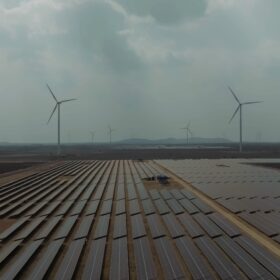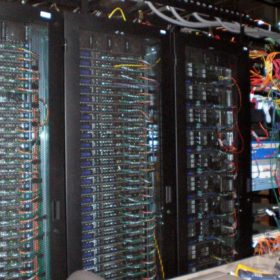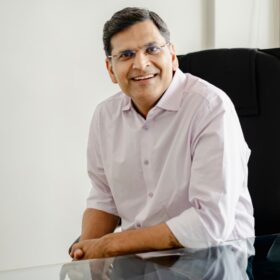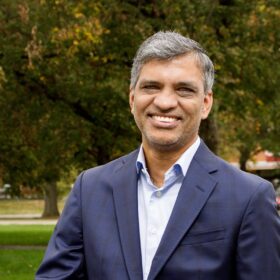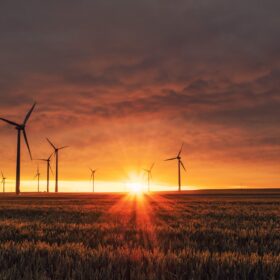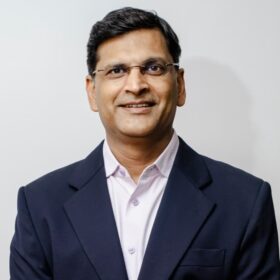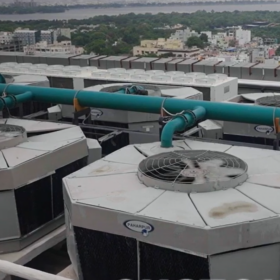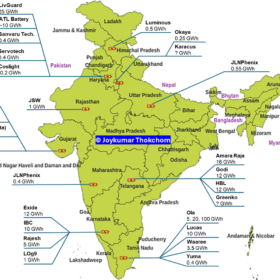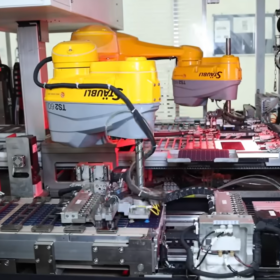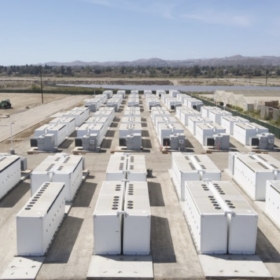India requires $145 billion in annual energy investment to bridge growth and climate targets
India must mobilise around $145 billion in annual energy investment to sustain economic growth while pushing its net-zero ambitions. The bulk of this capital will be directed toward scaling up renewable power generation, grid infrastructure modernization, and energy storage, according to Wood Mackenzie.
Why India’s digital future will be built at the edge
The centralized cloud model is now under strain. India alone is estimated to have reached roughly 2,070 MW of data center capacity by the end of 2025, up from about 1,255 MW in 2024, driven by AI adoption, 5G rollout, and video led consumption, even as power, land, and network constraints become more visible. At the same time, global data center markets are grappling with power constraints, rising energy costs, and land limitations, making the continued expansion of a few large hubs increasingly inefficient.
What Delhi’s pollution crisis means for renewable adoption.
India’s renewable capacity target represents necessary but sufficient progress toward climate stabilization. Delhi’s pollution demonstrates that energy supply-side transformation alone cannot deliver intended outcomes. Transport emissions, industrial activity, and residential heating must undergo equal transformation.
“Placing Scope 3 emissions at the center of a corporate net-zero strategy ensures true lifecycle accountability”: GNFZ CEO
Mahesh Ramanujam, CEO of the Global Network for Zero (GNFZ), discusses why Scope 3 emissions must be at the core of any corporate net-zero strategy. He also explores the evolving global and Indian regulatory landscapes, the role of independent certification in ensuring accountability, and shares a real-world case study of how GNF helped an organization design or implement a customized pathway to tackle Scope 3 emissions.
COP30: What’s at stake for carbon markets
Carbon markets operate on trust: stakeholders must believe that the emission reductions credited are real, measurable, and permanent. Inconsistent methodologies, poorly monitored projects, and a lack of transparency have undermined confidence in certain markets. As discussions advance at COP30 in Belém, establishing universally accepted standards and accountability frameworks will be essential.
AI for climate action: Can technology save us from the crisis?
A modern grid must balance growing demand from new sources like electric vehicles (EVs) with the intermittent supply from renewable sources like solar and wind power. AI-powered smart grids use sophisticated algorithms to forecast power demand and match it with fluctuating renewable generation in real time.
Waaree Renewable Technologies invests in Cooling-as-a-Service company Smart Joules
Waaree Renewable Technologies Ltd, the solar EPC arm of Waaree Energies, today announced a strategic investment in Smart Joules, India’s largest Cooling-as-a-Service (CaaS) and energy efficiency company.
Behind the green boom: How ecosystem builders are fueling India’s climate tech rise
India’s climate tech ecosystem now counts over 800 startups, ranging from solar and electric mobility pioneers to agri-tech and water management disruptors. Many of these startups begin as humble experiments.
Green collar careers: Powering India’s workforce for a sustainable future
Studies, including one by Deloitte, show that 80% of the skills required for green collar jobs already exist in India’s current workforce. With the right upskilling, these capabilities can be unlocked to help millions shift into meaningful, future-ready careers.
Hydrogen: The steel industry’s next big step toward decarbonization
Given that global steel demand is projected to grow by 32% by 2050, largely driven by infrastructure expansion and industrial development, the need to decouple steel production from carbon emissions is both urgent and complex. Here is where hydrogen, particularly green hydrogen, emerges as a powerful catalyst for change.
